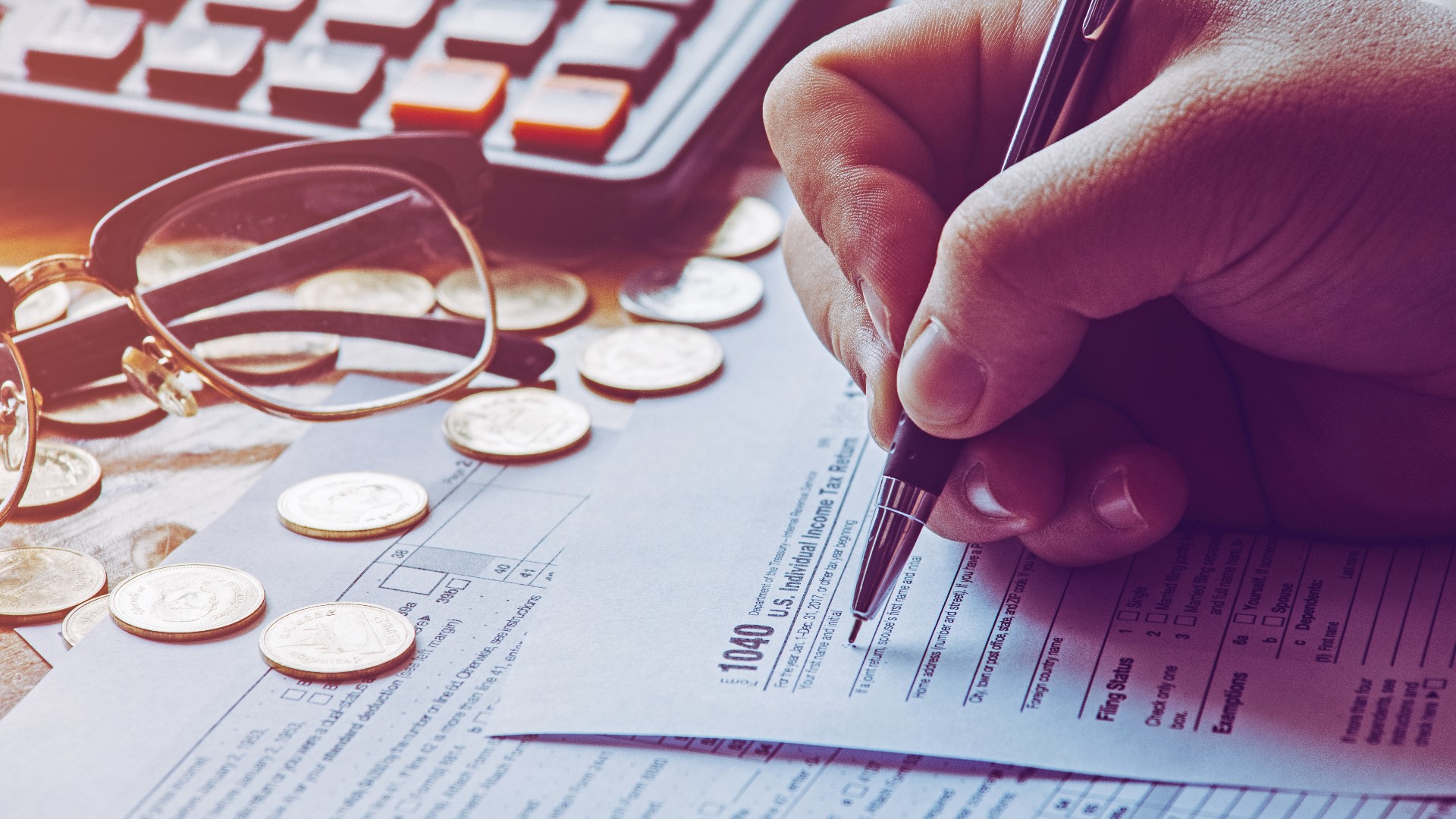WASHINGTON D.C., DC — An influx of cash to the IRS has its commissioner pledging to make this year’s tax filing season – which kicked off Monday – safer, easier and more efficient for taxpayers.
“Taxpayers should see and feel a difference this filing season versus past filing seasons,” said IRS Commissioner Danny Werfel. “We're making changes with the taxpayer in mind, to make it easier, to make it less burdensome, to make it less daunting.
“The IRS is laser-focused on, ‘What can we do to help the taxpayer, be on their side as they're working to figure out how to submit an accurate and complete tax return so they can get their refunds and the credits they deserve.”
Werfel said the improvements are due to millions of dollars that have come into the agency as a result of the 2022 Inflation Reduction Act.
“We're just getting started,” Werfel said. “There are tens of billions of dollars that we have, that's all needed.
“We have significant improvements that we need to make to our technology to make sure that we're open around the country and we are in the early days. But what I'm excited about is, even though we're in the early days we're having an impact. Our phone level of service is increasing, the wait times are going down, our website is improving, so I'm excited that we're able to drive and deliver impact for taxpayers early in the life of the Inflation Reduction Act.”
The improvements include:
- Extended weekday and Saturday hours at Taxpayer Assistance Centers, where IRS employees can help taxpayers face-to-face with any questions or problems.
“That's important, because sometimes and often people are working, and they can't get to us during the week,” Werfel said. “And we want to be accessible.”
- Pop-up walk-in Taxpayer Assistance Centers for taxpayers that are more than 100 miles from the closest walk-in center.
“We want to go to where the taxpayers are,” Werfel said.
- Reduction in call wait times/call back option for those who believe they are on hold for too long.
“I like to say that the era of listening to elevator music on the IRS phone line can be over if you want it to be,” Werfel said.
- Improvements to online services. Taxpayers can now upload documents including correspondence and notices back to the IRS digitally rather than on paper.
“Filing electronically and selecting direct deposit is the best way to get your refund fast, typically within two weeks,” Werfel said.
- Track the status of your refund online. The IRS has also updated its “Where’s my refund?” online tool at www.irs.gov, so taxpayers can see where their refund check is in the process.
- Free help. The IRS has volunteers working online to help taxpayers file taxes for free under its “Free Help” section online.
- Learn how to protect against and report scams online. The IRS has listed the most common types of scams taxpayers face during filing season on its website. The IRS estimates taxpayers lost $5.7 billion due to tax scams and fraud in 2022.
“Bad actors come out of the woodwork, and they make false promises for tax benefits,” Werfel said. “They make fake threats on tax penalties. And we need our taxpayers to stay alert and be skeptical of these scams.”
Werfel said the IRS rarely – if ever – calls, texts or emails taxpayers.
“If you're getting an unexpected call from someone claiming to be the IRS, it is almost certainly not the IRS and you should hang up,” Werfel said.
Werfel also encourages anyone who is targeted to report the suspected scam to the IRS online.
“In the rare case where the IRS does call you, we will never demand immediate payment on a prepaid debit card or a gift card,” Werfel said. “The IRS will never call you and threaten to bring in law enforcement to immediately arrest or deport you unless you pay. These are things that the IRS doesn't do.”
- Pilot direct-file program. Taxpayers in 12 states, including Arizona, California, Florida, Massachusetts, Nevada, New Hampshire, New York, South Dakota, Tennessee, Texas, Washington and Wyoming, will be able to file taxes directly with the IRS this year starting in mid-March -- no middle man required. The IRS is keeping its free-file program for now, though it still involves working with a commercial tax software provider, Werfel said.
“Here you'll be able to file electronically for free directly with the IRS,” he said “And we're very interested in learning what taxpayers want from the IRS. We're going study the experience that these taxpayers have with this new free-filing option called-direct file. And then, after filing season, we'll report back to the public the experience we had and taxpayers had with this new option, and we'll figure out whether it's the right thing to do to expand it to all 50 States.”

